Every year since 1901 they have come together in secret, neither disclosing when they deliberate, nor allowing journalists to see their final meeting – until now.
The Norwegian Nobel committee members – the guardians of the world’s most prestigious award – will announce on Friday who they will honour with the Nobel Peace Prize.
And the BBC, along with Norway’s national broadcaster, gained exclusive access as they gathered to make their choice.
It is the first time in the award’s 125-year history that the media have been allowed a behind-the-scenes glimpse of the process.
The five members and the secretary meet in the Committee room of Oslo’s Nobel institute, adorned with the same chandelier and oak furniture since the first prize.
Across the walls are framed pictures of every peace laureate, with a space at the end for a photograph of this year’s winner.
Beneath a portrait of Alfred Nobel, the inventor of dynamite and patron of the prizes, the committee convenes on Monday morning, four days before announcing the winner.
They share coffee and pleasantries and then open proceedings; the finale of a months-long selection process.
“We discuss, we argue, there is a high temperature,” the chairman of the Norwegian Nobel committee, Jorgen Watne Frydnes, tells me, “but also, of course, we are civilised, and we try to make a consensus-based decision every year.”
 Liam Weir/BBC
Liam Weir/BBCThey read aloud the criteria for the prize enshrined in Nobel’s will from 1895; that it be awarded to whoever has done the most for fraternity between nations, the abolition or reduction of standing armies, or for holding or promoting peace congresses.
Then we’re out and the door is closed. It’s decision time. And looming large over the whole affair is one figure: Donald Trump.
The world’s most powerful man wants the world’s most prestigious award. It seems as if he’s become fixated on it.
In speeches and press conferences, he has repeatedly reeled off a list of the seven wars he says he has solved.
He’s boasted that he deserves the award and that “everyone says I should get it”, but told troops in Virginia last month: “They’ll give it to some guy that didn’t do a damn thing; they’ll give it to the guy who wrote a book about the mind of Donald Trump… it will be a big insult to our country.”
World leaders appear to have realised Nobel flattery is a way to his heart.
Israel’s Benjamin Netanyahu publicly whipped out a nomination letter at the White House; Azerbaijan’s president told Trump in a news conference that he deserved the prize; Pakistan’s government announced it had nominated him, winning plaudits from the president.
His own cabinet colleagues have followed suit. As the cameras rolled, Steve Witkoff, his chief envoy, gushed that his only wish was that the Nobel committee recognise that Trump was “the single finest candidate” in the award’s history.
Jorgen Watne Frydnes seems unfazed by any sense of public pressure.
“Every year, we receive thousands of letters, emails, requests, people saying ‘this is the one you should choose’ – so to have that campaign, the pressure… isn’t really something new,” he tells me.
But he adds diplomatically, that the unprecedented glare of this year hasn’t gone unnoticed.
“We feel that the world is listening, and the world is discussing, and discussing how we can achieve peace is a good thing. And we have to stay strong and principled in our choices… that’s our job.”
The Norwegian committee is appointed by the country’s parliament, and although the members – usually retired MPs – fiercely guard their independence, many have strident views.
Mr Frydnes, who leads the Norwegian branch of an association promoting freedom of expression, has previously criticised clampdowns “even in democratic nations”, calling out Trump.
Norwegian media reported that the US president phoned Jens Stoltenberg, the former head of Nato and now Norway’s finance minister, to lobby for the prize.
And there is open discussion over whether Trump could lash out at the country if he doesn’t win.
It has felt the heat before; when the Chinese dissident Liu Xiaobo got the award in 2010, Beijing froze diplomatic ties with Oslo and imposed economic sanctions in a row that lasted six years.
So is it actually conceivable that America’s polarising president could win?
He certainly has his backers at home and abroad – but Nina Graeger, the director of PRIO, a peace thinktank, tells me the odds are long.
 Liam Weir/BBC News
Liam Weir/BBC News“The Trump administration has withdrawn from international institutions like the World Health Organization and the Paris climate accords, and if you look at Trump’s wish to take over Greenland from Denmark… this does not speak in favour of international cooperation.”
Combined with clampdowns on protests, critical journalists and academics, she concludes: “I think these point in a non-peaceful direction.”
An obstacle for Trump is that nominations for the prize – there were 338 this year – closed at the end of January, to give the committee time to assess them. The president only returned to office that month.
But if his peace plan for Gaza materialises – and holds – Ms Graeger believes he could be a contender next year. “I think it would be difficult not to look in his direction then,” she says.
It all makes for rich debate at Oslo University’s course on war, peace, and the Nobel Prize.
“There’s an element of grace and humility associated with the winners,” says Thanos Marizis, a Greek masters student, as he sits with friends in the university library.
“The prize is supposed to be a recognition of your pursuit of peace in the sense of benefiting humanity, not benefiting yourself.”
Kathleen Wright, 21, goes further: “To see people who have risked their lives and been given this award in recognition – the teenager Malala Yousafzai was shot by the Taliban – and then for you to go around on your ego trip and have your friends call up the committee I think is laughable, it’s disrespectful.”
She believes the point of the prize is to celebrate lesser-known people or organisations doing vital work. “When you’re working towards peace, it doesn’t just begin with the figureheads, it begins with smaller groups – and I think that’s important to celebrate.”
Many world leaders are, of course, among the laureates. On the walls of the Nobel Committee room are the four American presidents who have won, including Barack Obama, awarded just months into his first term.
That has riled his successor – “if I were named Obama, I would have had the Nobel Prize given to me in ten seconds,” President Trump complained.
Those walls speak of the many issues that the laureates have fought against since 1901; wars, apartheid, nuclear weapons, climate change.
This year may be somewhat overshadowed by the campaign from the White House.
But if Donald Trump wants to find out what has happened behind that committee door, who nominated him and who he’s been up against, he’ll have a problem – the papers are kept secret for 50 years.

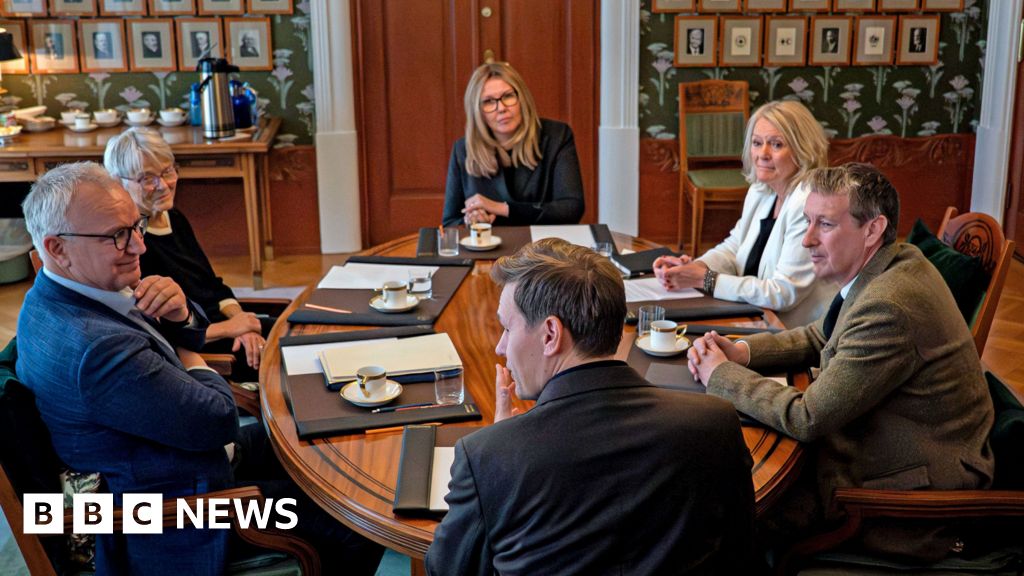

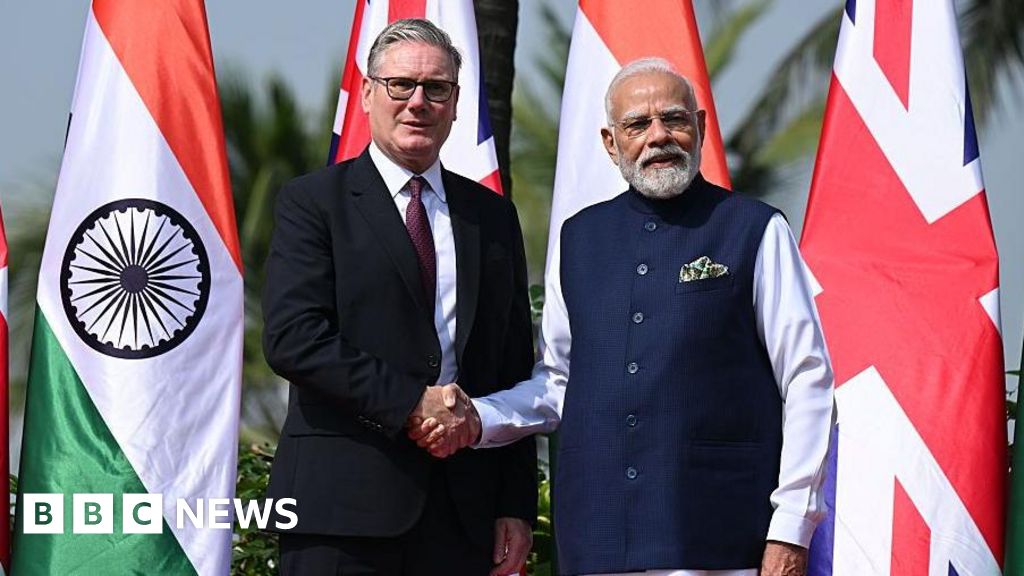

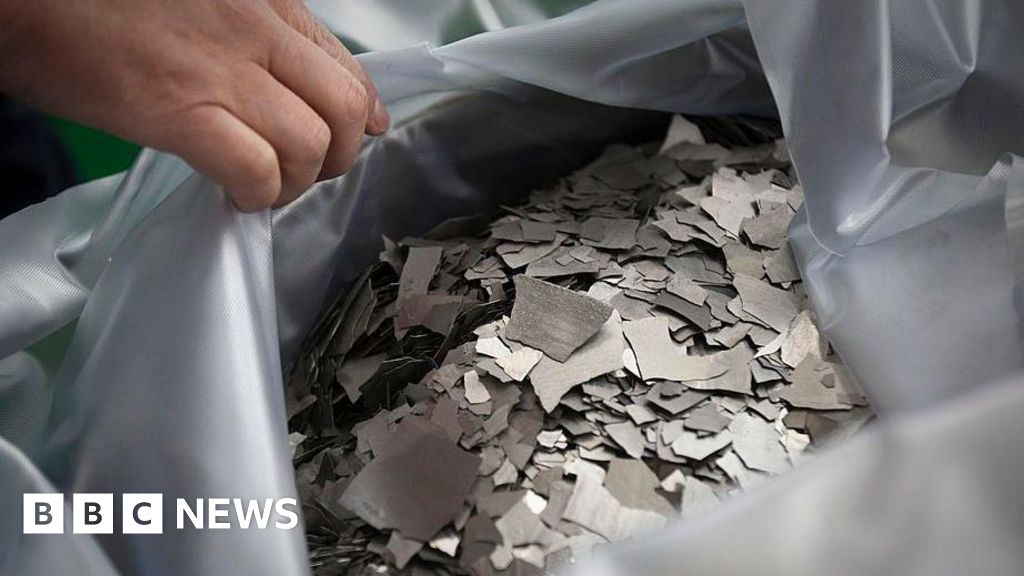
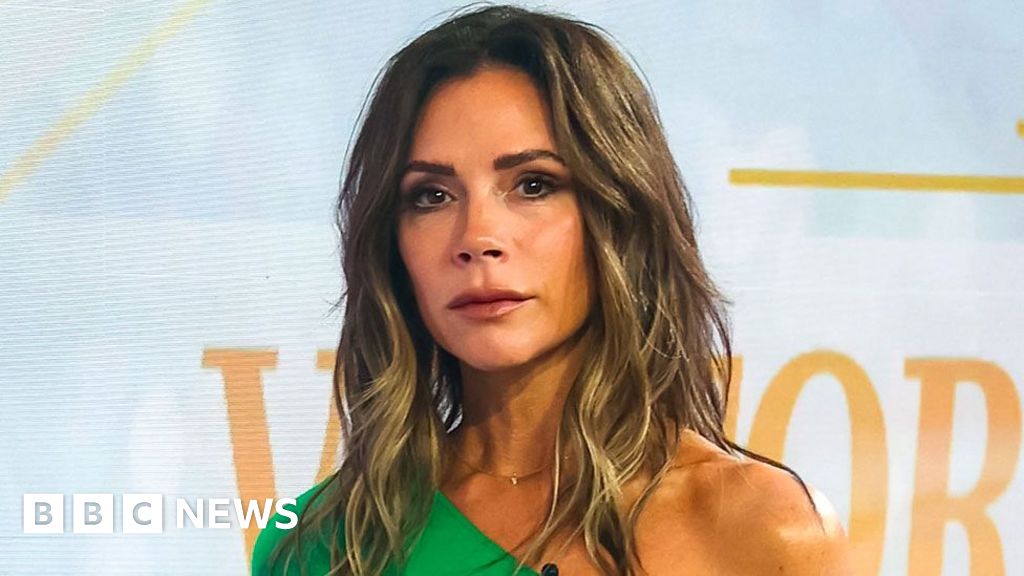
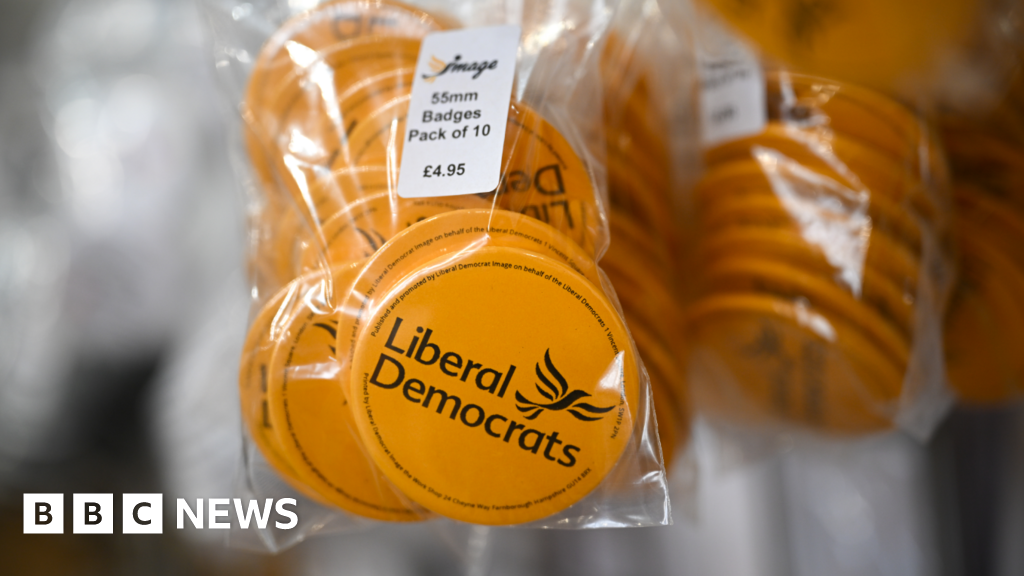
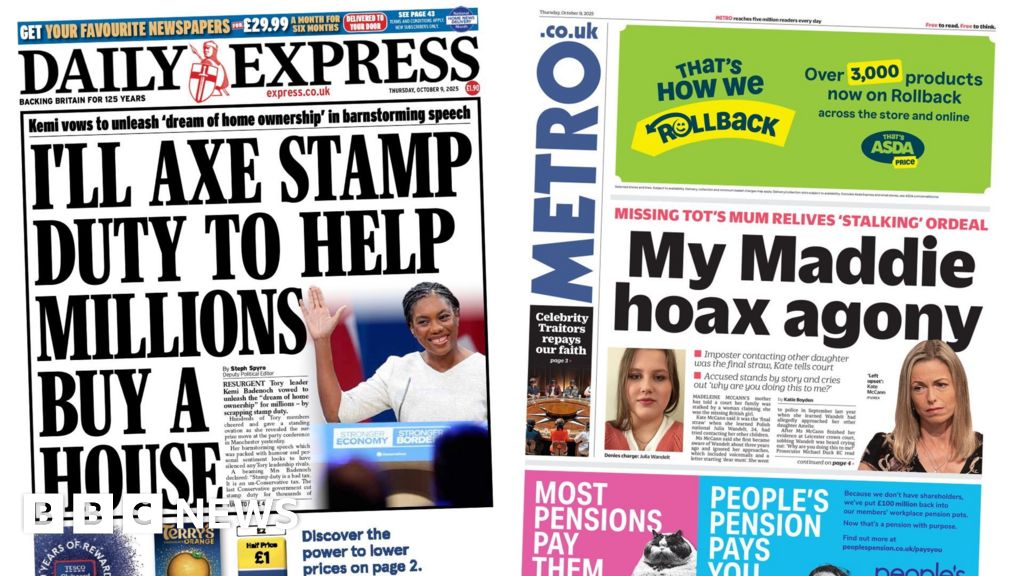
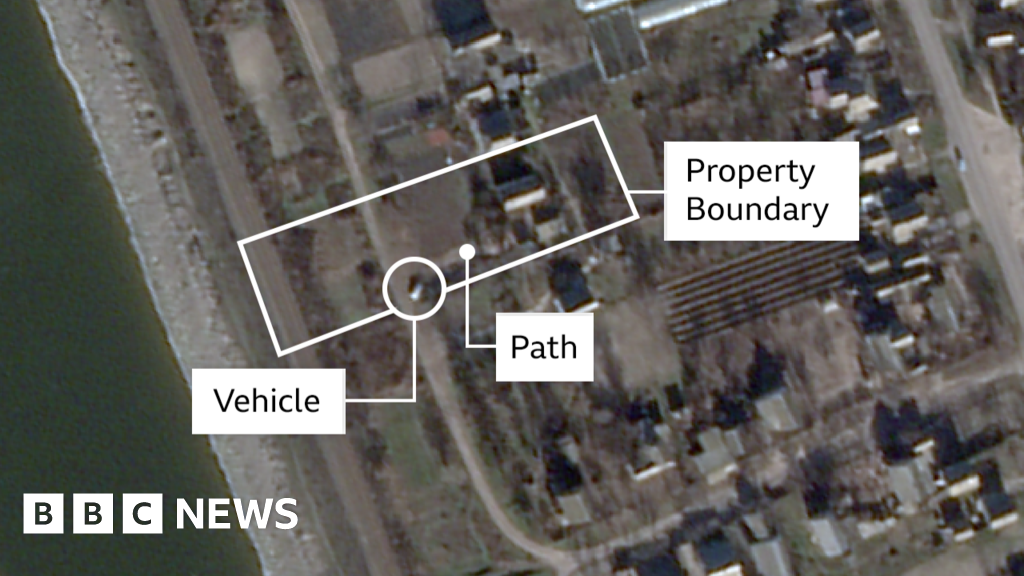
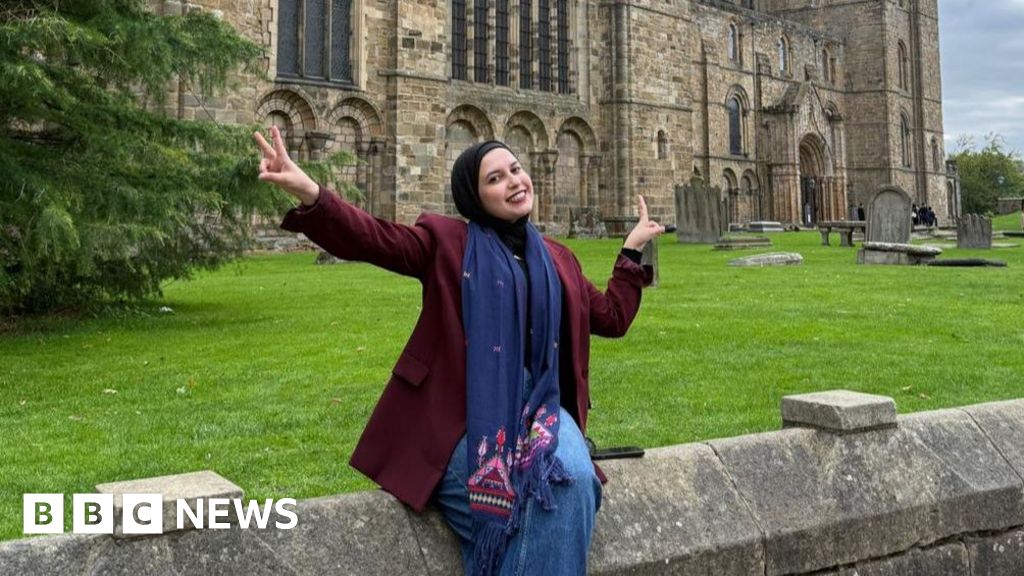
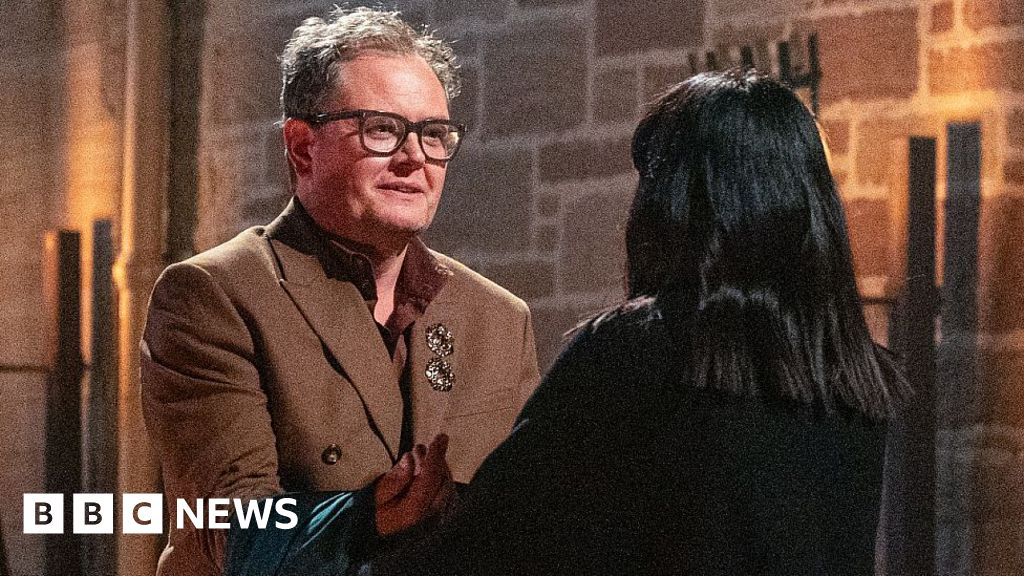
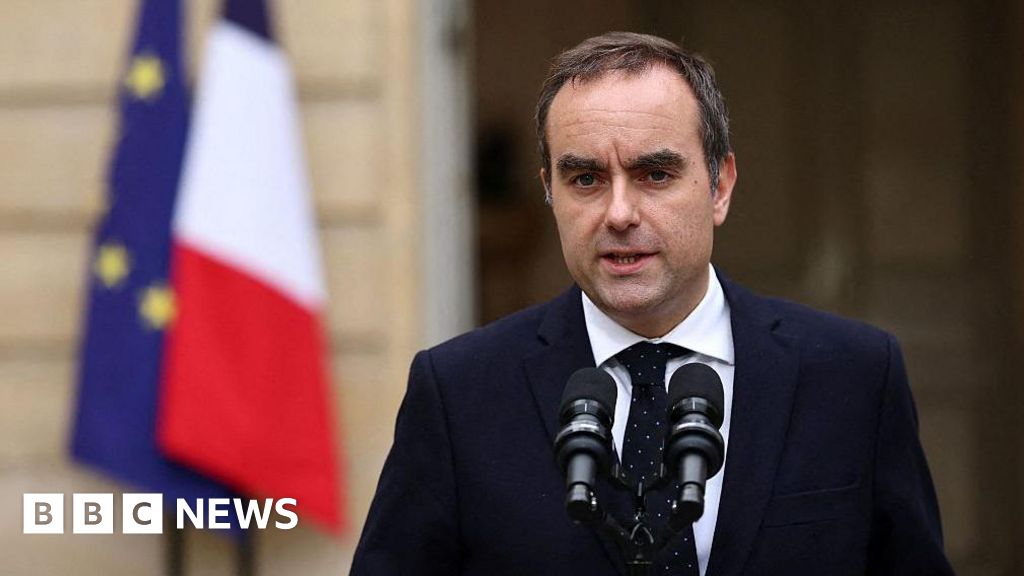
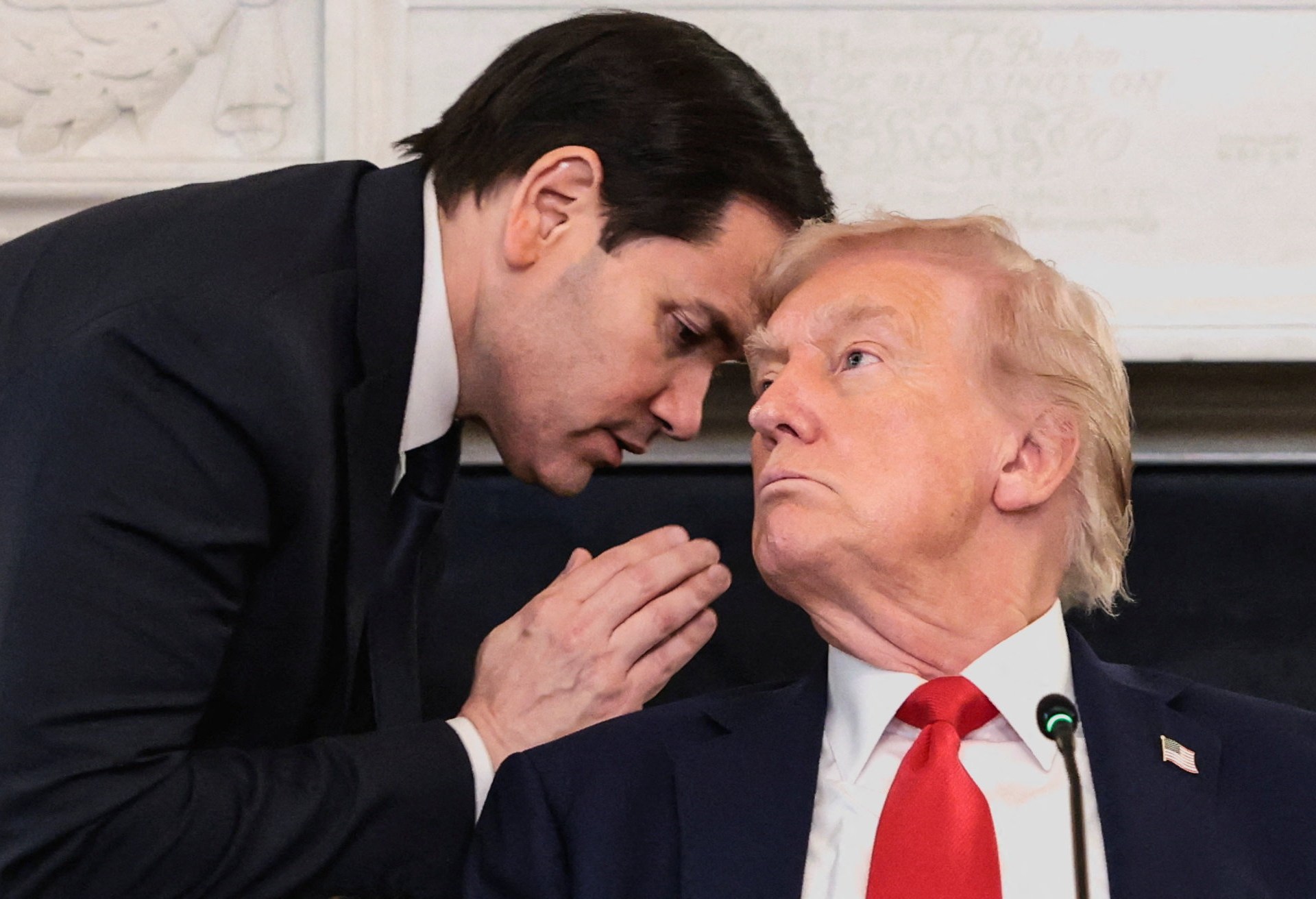
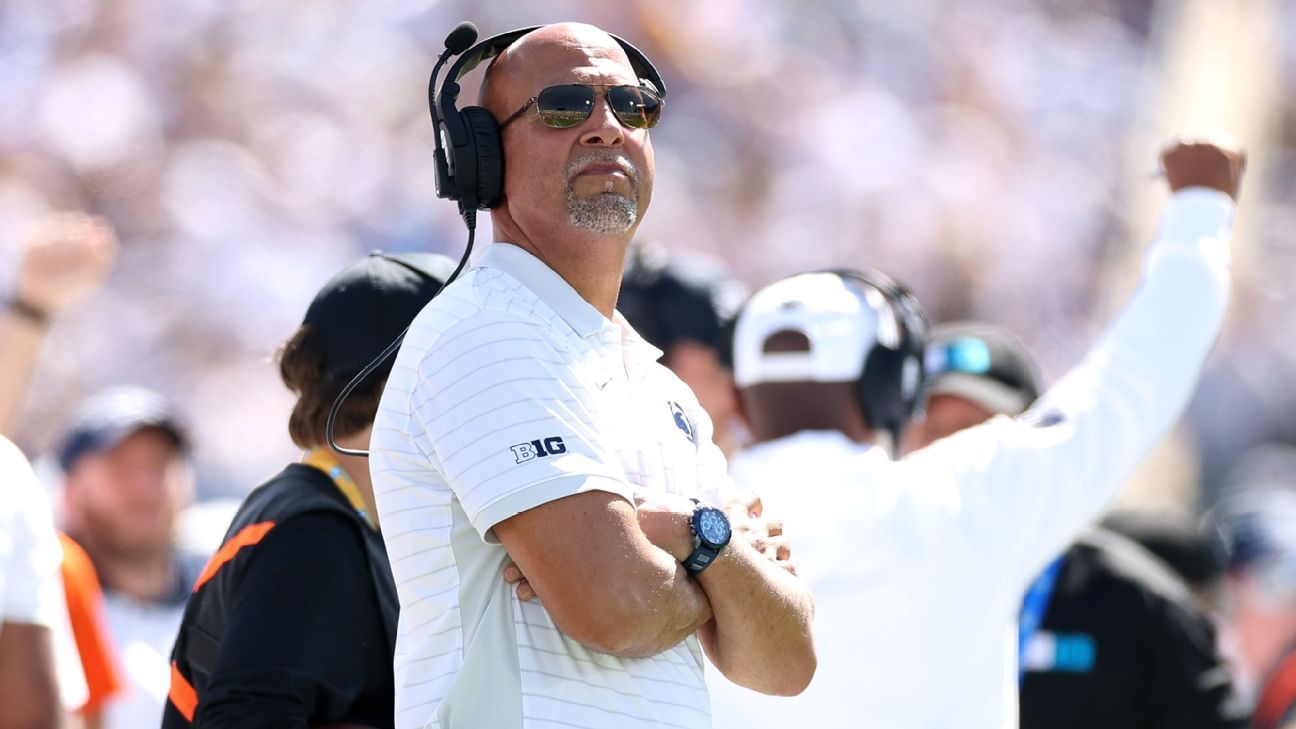
Leave a Reply